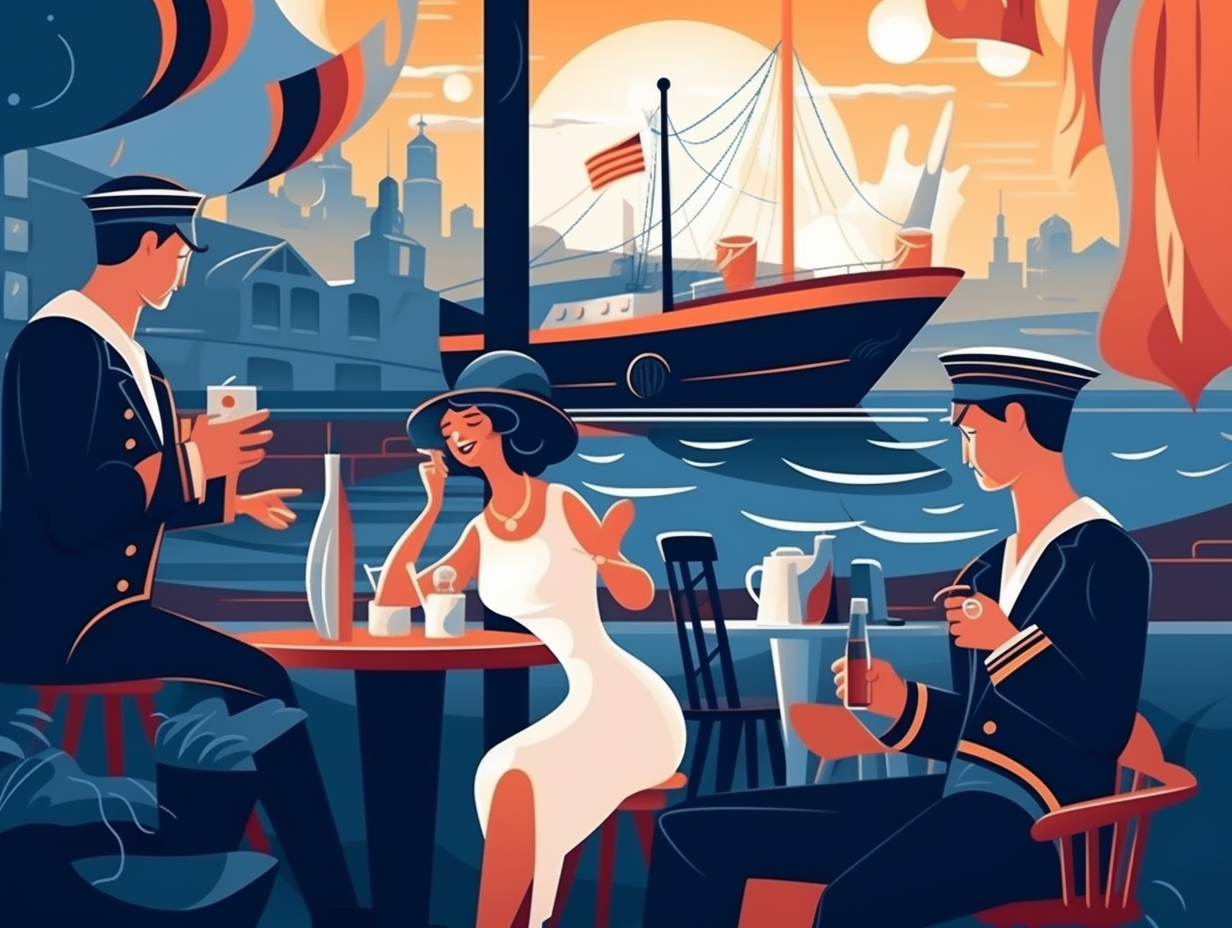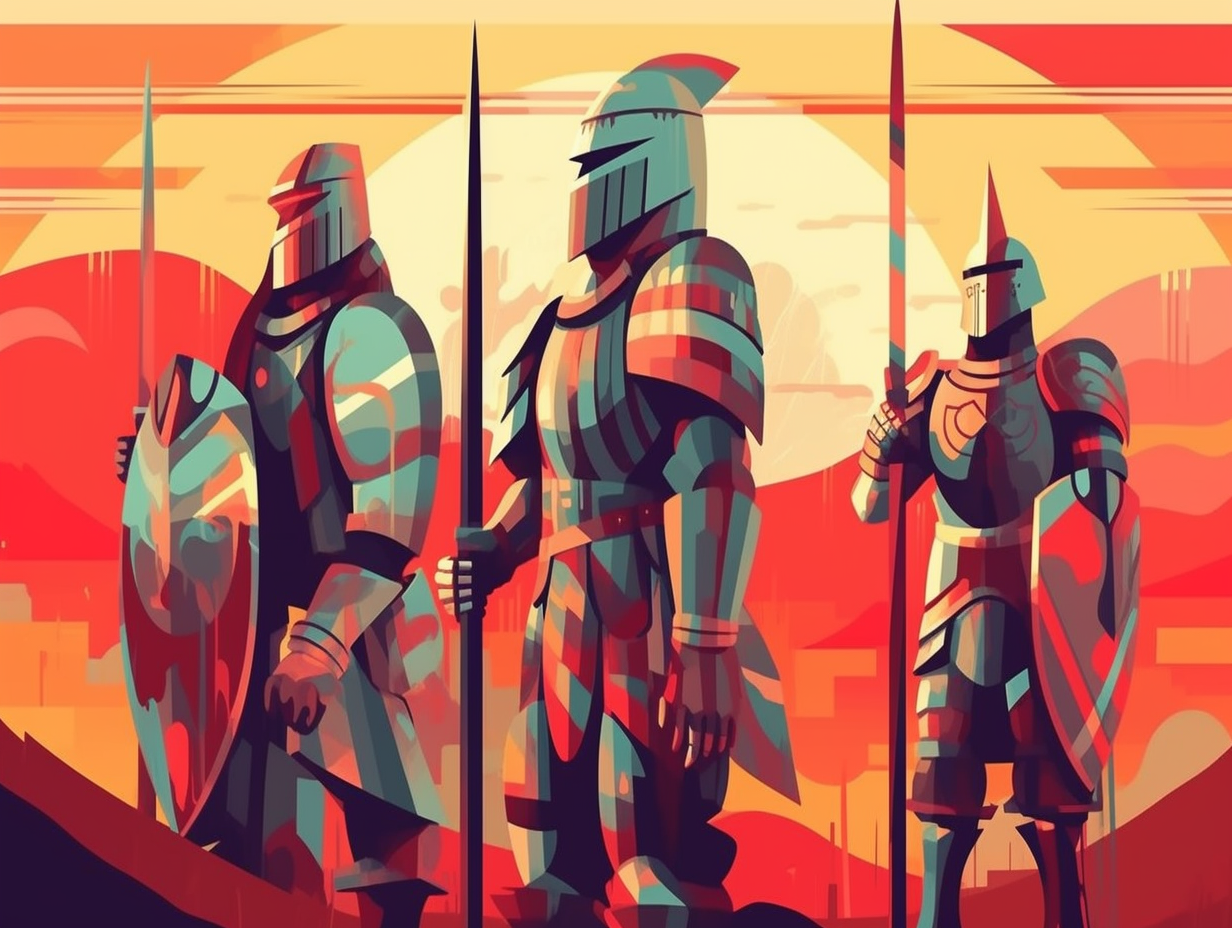Discover the Top 7 Fascinating Fun Facts About New Hampshire Colony!
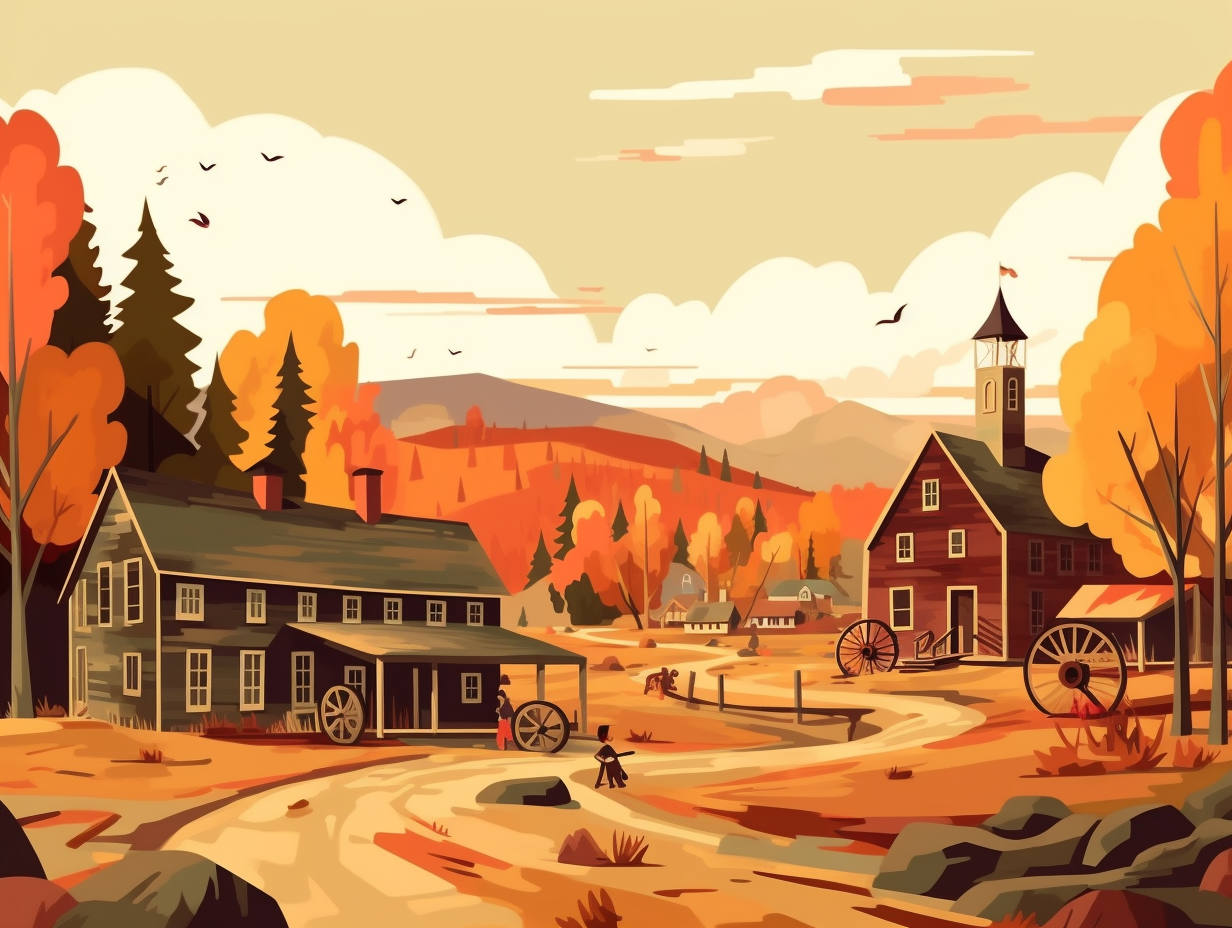
1. Witchcraft Accuser Gets Sued
Before Hermione Granger, there was Jane Walford, a 17th-century New Hampshire healer who'd make even Shakespeare say, "Double, double toil and trouble": Despite being accused of witchcraft in the 1650s, Walford not only avoided condemnation but also successfully sued her accuser for slander in 1669, and was one of the first women to own land in the New World.
Source => nhpr.org
2. From Fishing Colony to Lobster Rolls
Ahoy, mateys! New Hampshire be not just a northerly state with wicked good lobster rolls, but once a serious fishing hotspot: Established in 1623 as a fishing colony, New Hampshire broadened its horizons with fur trade, timber, and agriculture, eventually becoming a vital piece of pre-American history with more than 100 new towns by 1761, and Governor Benning Wentworth's watchful eye steering the ship toward prosperity.
Source => nh.gov
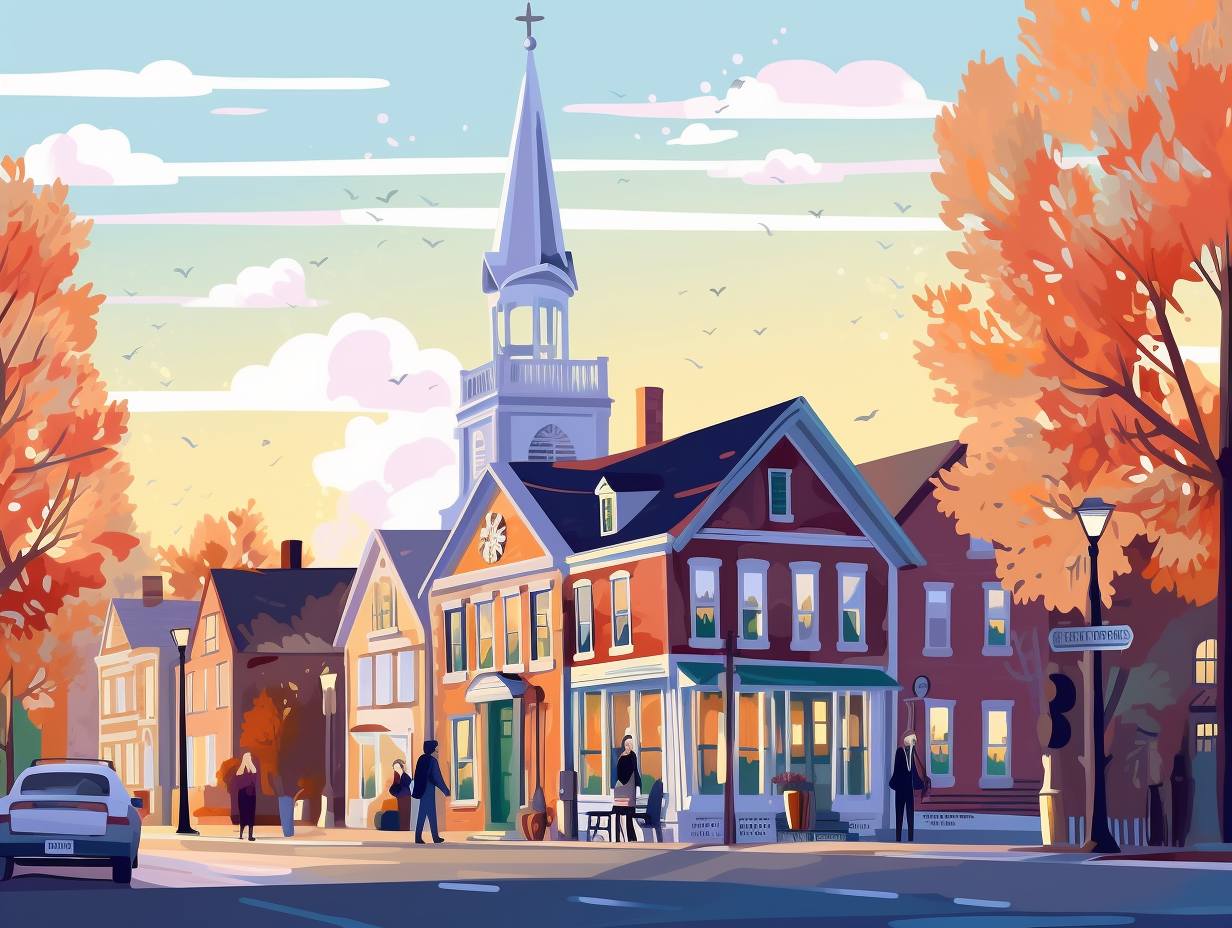
Did you know the infamous Salem witch trials might have been caused by a simple fungus? Discover how ergot-infected rye led to hallucinations and strange behaviors, making people believe in witchcraft back in 1691. Unveil the truth behind this bewitching tale!
=> Fun Facts about Salem-Massachusetts
3. Colonial High Society Scandals
Love triangles, family entanglements, and pesky mobs: just another day in colonial New Hampshire's high society. : Two scandalous marriages unfolded during the time of the last colonial governors, with one involving a young housekeeper marrying an elderly man, and another involving a woman marrying her cousin after the mysterious death of her first husband – they were chased out of town by a mob in 1775.
Source => seacoastnh.com
4. Real Estate Drama of the 1700s
You know those pesky neighbors who bicker over property lines? Well, the colonial era had its fair share of real estate drama too: The New Hampshire Grants, also known as Benning Wentworth Grants, led to a land dispute between New Hampshire and New York over areas west of the Connecticut River, eventually resulting in the establishment of the Vermont Republic and Vermont becoming a U.S. state. These grants were divided and sold for £20, with certain lots designated for a missionary organization, the Church of England, the first clergyman to settle in the township, a school, and Wentworth himself – and yes, they had to pay an annual tax of one shilling straight to the king or his representative.
Source => en.wikipedia.org
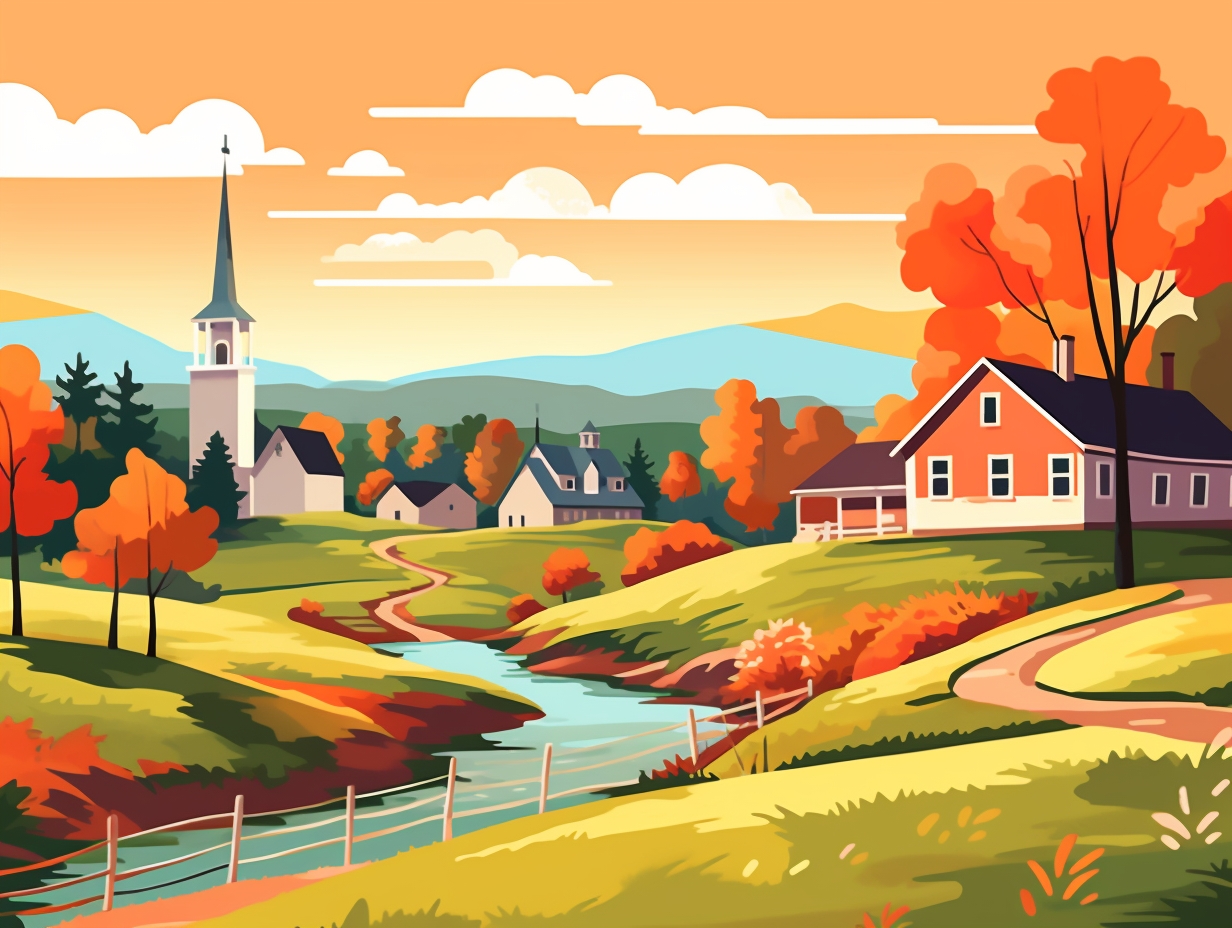
5. New Hampshire's Original Action Heroes
Who knew that New Hampshire was the real birthplace of Rambo and Captain America, way before Hollywood got its hands on them? Time for a history lesson, folks: In the throes of the French and Indian War, New Hampshire gifted us two bona fide military heroes – Robert Rogers, the trailblazing father of today's Green Berets, and John Stark, the intrepid soldier who dished out punches instead of taking them during a forced gauntlet run. Eventually, Stark rose to the rank of Major General in the Revolutionary War and led a battalion that made up more than half the fighting force during the epic showdown at the Battle of Bunker Hill.
Source => nh.ng.mil
6. Mother Nature's Ultimate Retreat
New Hampshire, where Mother Nature herself seems to have rolled out the red carpet and invited the world to the ultimate "Netflix and chill" retreat: The state's scenic beauty and abundant natural resources have drawn crowds since the 1800s, with grand hotels dotting the coast and the White Mountains, summer homes springing up in rural areas, and skiing gaining popularity in the 1930s. Today, tourism continues to thrive as people flock to New Hampshire's breathtaking landscapes and charming small towns for their very own adventure flicks.
Source => nh.gov
7. Game of Thrones-Level Sunday Devotion
Back in New Hampshire's early days, Sundays were treated with the reverence you'd expect for a Game of Thrones season finale: no work, no play, just pure devotion to the main event: In the Province of New Hampshire, a person found guilty of profaning the Lord's Day by doing unnecessary work or engaging in sports and recreations during public worship would be either fined or whipped, showcasing the colonists' commitment to keeping the Sabbath day holy.
Source => teachingamericanhistory.org
Related Fun Facts












